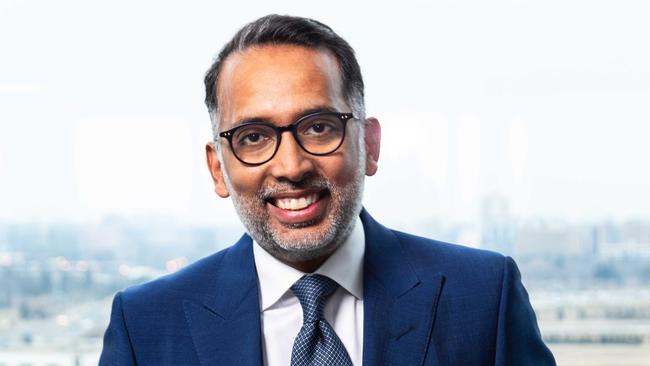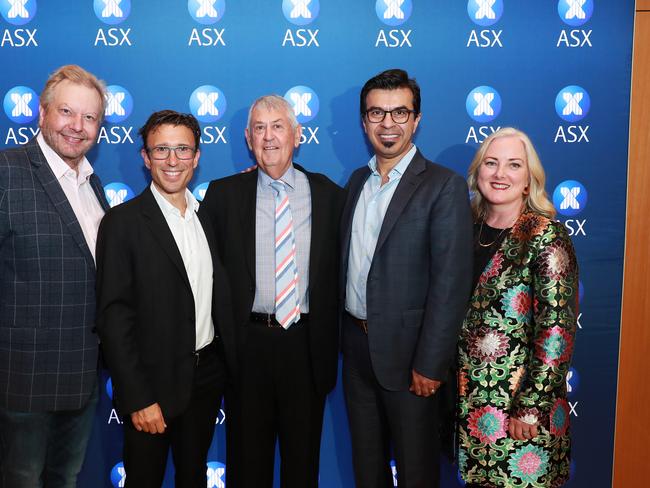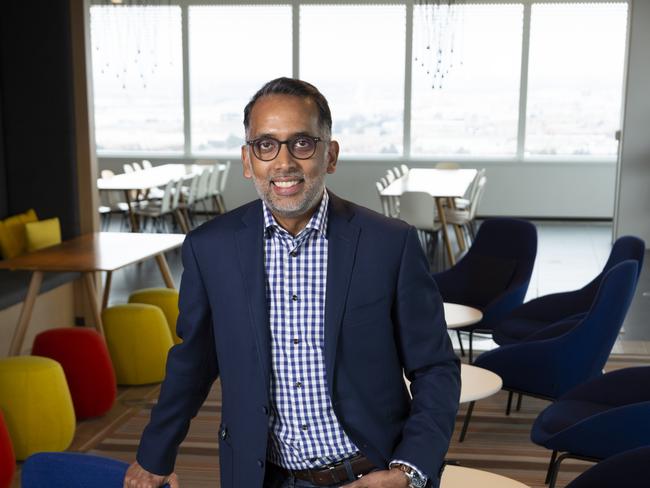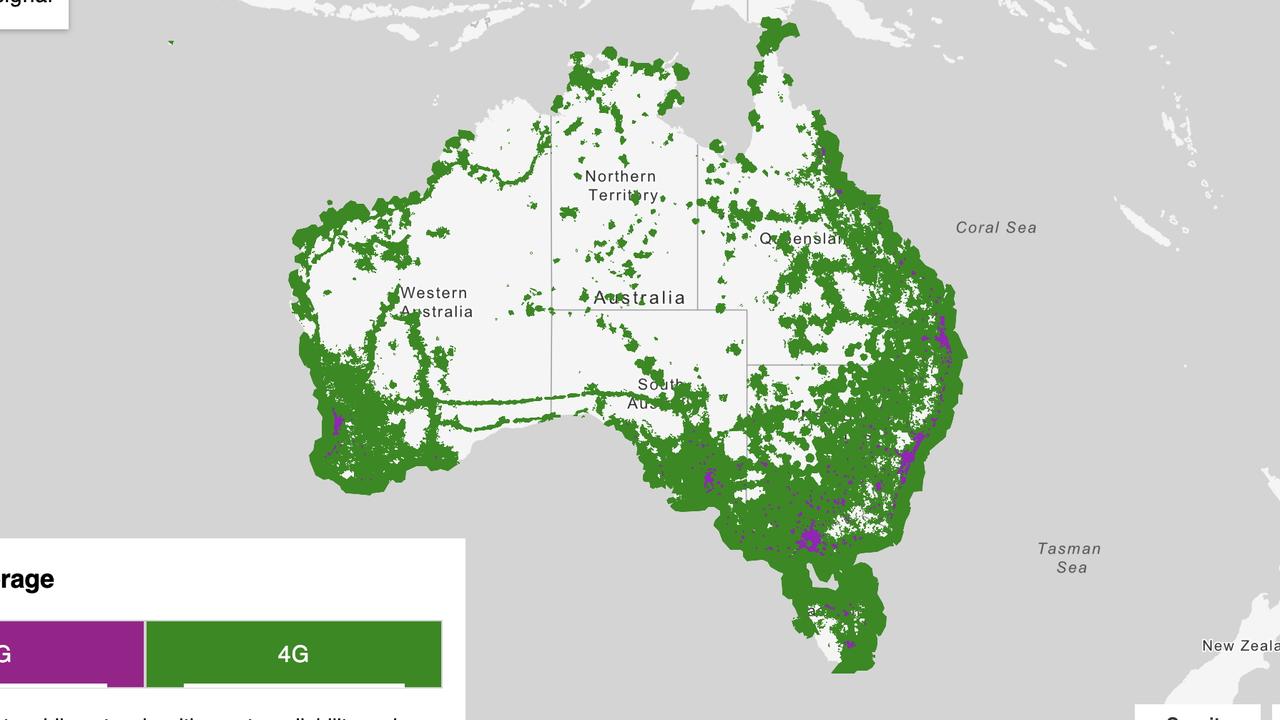‘I beat my friends to the opportunity’: Appen CEO relishing turnaround task
Once the ASX’s strongest performer, Appen’s share price is a shadow of what it was at its peak - but its new boss says ChatGPT can help reclaim its former glory.

Once the ASX’s strongest performer, artificial intelligence specialist and former tech darling Appen has suffered a torrid 12 months but its new chief executive, technology veteran Armughan Ahmad, is confident he can capitalise on a rampant interest in ChatGPT and a need to make AI more accurate to turn its fortunes around.
Five years ago the Sydney-based Appen was the hottest company on the bourse, with its share price hitting record highs in 2020 buoyed by strong demand from the tech giants who were using Appen’s services to help build out their AI chatbots. The company was one of the famed ‘WAAAX’ stocks, alongside WiseTech Global, Afterpay, Altium and Xero.
Appen’s business model is built around its crowd of more than 1 million people who earn money by training AI, through completing tasks like performing web searches and evaluating the quality of the responses, to more complex jobs like taking photos of all the electric vehicle charging stations across a city to help map their locations.
Its shares down are down more than 60 per cent in the past 12 months however, amid a most recent set of financial results that Mr Ahmad – who took the top job in December – called “far from satisfactory.” The company has been left bruised by a steep tech downturn and privacy changes to Apple’s iPhones, as well as a failed takeover bid by Canadian suitor Telus that had valued Appen at $1.2bn. At its peak it was worth $5bn and today, it’s worth just $320m.

But the lure of a turnaround opportunity was a strong one for the Toronto-based Armughan Ahmad, who most recently served as president of KPMG’s global digital arm. He said he’s been through turnarounds before, having served at Dell when it acquired EMC and VMWare with the help of Silver Lake, and Hewlett Packard when it worked with Bain Capital to buy 3Com for $2.9bn just over a decade ago.
“I’ve been through three private equity turnarounds,” Mr Ahmad said in an interview. “When I got the call about the opportunity at Appen, I saw this is a company that compared that all the VC-backed AI companies that are losing money, this is making money. And yes not enough money that we need to make, but I sent it to all my friends in private equity and said ’this seems like a great turnaround opportunity’.
“I told my friends I beat them to the opportunity. It has great bones already, it‘s in the AI market, and we have some of the most advanced technology clients, including some of the world’s biggest technology companies.”
Appen was founded in 1996 by Julie Vonwiller, a linguist at the University of Sydney, who started the company in her spare room. She was later joined by her husband, Chris Vonwiller, who left his job at Telstra in 2000 to join full-time. He served as the company’s chairman and the pair remain Appen’s biggest shareholders.
Appen CEO exits after share price slump
Appen’s previous management, including its former chief executive Mark Brayan who led the business for seven years, were the right people to lead Appen through its earlier growth, Mr Ahmad said, but the business will now benefit from new leadership.
On Monday it announced a new chief technology officer, Saty Bahadur, who joined Appen after serving as general manager at Amazon, where he helped develop the AI platform for Alexa, and Microsoft where he built the tech giant’s Windows mobile operating system.
“I think the previous management team, they were suited for tens of millions [of revenue],” Mr Ahmad said. “I am much more about operational rigour and discipline. Let’s get to profitable growth, and take this company from hundreds of millions to billions. And in a profitable way.”
Analysts remain sceptical. RBC Capital Markets analyst Garry Sherriff recently named Appen a local tech stock to avoid, alongside EML Payments and Fineos, which he said all had negative earnings revisions and reduced guidance driven by customer headwinds and higher costs. Wilsons analysts meanwhile recently trimmed their price target on Appen shares by 10 per cent to $2.11.

The negative sentiment is a challenge that Mr Ahmad said he is relishing however, and the executive has joined Appen amid an aggressive artificial intelligence arms race. Microsoft’s adoption of ChatGPT has sparked a war with Google which announced its own versions of the AI technology, with Amazon, Baidu and Meta also competing with their own efforts.
Wild wildly popular, a key issue with ChatGPT is its lies, insults, and “hallucinations” that some say mean it can’t be trusted, at least not yet. According to Mr Ahmad, this is where Appen can add significant value.
“With ChatGPT everyone knows the problems that it‘s having, and in particular hallucinations,” Mr Ahmad said. ”I see that as an opportunity with the work that we’re doing in this space. You can’t just have one demographic training this new generative AI, for example people living in the West Coast of the United States.
“Our culture is amazing, we are a woman-founded business, and I think we have this amazing opportunity to take all this unstructured data, and get our million person crowd of humans to help structure it.
“Who trains OpenAI, whether that’s Google’s version, or Meta, or Apple, just to say some examples, I think that’s where we can come in and be super helpful. The hallucination problem is solved by reinforcement learning with human feedback.”
Appen shares plunge on annual earnings collapse
Appen’s service enables its clients to generate prompt-response pairs that are engineered by AI training specialists, which are then reviewed for accuracy and bias. According to Mr Ahmad, generative AI can automatically label and collect data well, but despite its relative power and usefulness it still makes errors about 5 per cent of the time.
“It’s trained on a lot of fictional data, like movie scripts and books, so human feedback is a way to nudge it towards being more truthful,” he said.
“Imagine if you had a Land Rover, and you’re going to Ikea to pick up a sofa. You can ask ChatGPT if a particular sofa will fit in a 1997 Land Rover Defender, and it will give you a particular answer, and that’s great. But if you ask it if you should all of your children’s education funds in a particular stock, and it tell you yes with a very high surety, that’s a problem.
“And how do you fix that problem? To me that’s where our opportunity is. That’s where humans can help. And my goal is, at a high level, to build a responsible, ethical artificial intelligence that serves our human purpose. And banks, insurance companies, retailers will all need to use data to compete, and we can help them get there.”





To join the conversation, please log in. Don't have an account? Register
Join the conversation, you are commenting as Logout